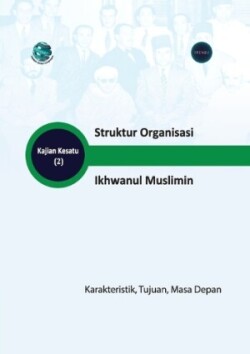26 231 323 kníh a 4 892 346 e-kníh práve v ponuke
Osobný odber zadarmo
v Bratislave, Banskej Bystrici a Košiciach
v Bratislave, Banskej Bystrici a Košiciach
Doprava zadarmo pri nákupe nad 50 €
Knihy z celého sveta
0947 917 661
Zavolajte nám:
pondelok - piatok
8:30 - 12:15 a 13:00 - 15:45
Odber newslettra
Mám záujem o zľavy na tituly, poštovné zdarma a ďalšie zaujímavé akcie.








© 2022 Megabooks SK spol. s r.o. - zahraničná literatúra. Výhradný distribútor Oxford University Press
Všetky ceny sú uvedené s DPH
26 231 323 kníh a 4 892 346 e-kníh práve v ponuke
Osobný odber zadarmo
v Bratislave, Banskej Bystrici a Košiciach
v Bratislave, Banskej Bystrici a Košiciach
Doprava zadarmo
pri nákupe nad 50 €
pri nákupe nad 50 €
Knihy z celého sveta








Naša spoločnosť
Dokumenty
Bookshopy
0947 917 661
Zavolajte nám:
Pondelok - piatok :
08:30 - 12:15
13:00 - 15:45
Odber newslettra
Mám záujem o zľavy na tituly, poštovné zdarma a ďalšie zaujímavé akcie.
© 2022 Megabooks SK spol. s r.o. - zahraničná literatúra. Výhradný distribútor Oxford University Press
Všetky ceny sú uvedené s DPH

